The Chu Dong Tu - Tien Dung Festival (Love Festival) is held in the middle of the second lunar month in two communes: Binh Minh and Da Trach (Khoai Chau) to commemorate the immortal love of Chu Dong Tu and Princess Tien Dung. At the same time, it honors the merits of Saint Chu Dong Tu and his two wives in expanding the territory and helping the poor.

Water procession ceremony at Chu Dong Tu - Tien Dung Festival. Photo: Document
According to legend, Chu Dong Tu was from Chu Xa village, Van Duc commune, Gia Lam district ( Hanoi ), the son of Chu Cu Van and Bui Thi Gia. His wife died early, so Chu Cu Van raised his son alone. During a fire, the father and son only had one loincloth left, and had to take turns using it. Not long after, Chu Cu Van became seriously ill. Before he passed away, he told his son to keep the loincloth for himself. Chu Dong Tu felt sorry for his father, so he wrapped him in a loincloth, while he himself had no clothes, and every day he caught crabs and fish to make a living by the river.
At that time, the 3rd Hung King had a daughter named Tien Dung, who was of marriageable age but still did not want to get married. One day, Tien Dung's royal boat visited Chu Xa area. Hearing the sound of bells, drums, flutes, and seeing the ceremonial regalia and busy servants, Chu Dong Tu was frightened and quickly hid himself in the sand to hide. The boat reached the shore, Tien Dung strolled around and then ordered someone to set up a curtain in the reed bushes to bathe, but unexpectedly, it was right in Chu Dong Tu's place. The water gradually poured down, revealing Chu Dong Tu's body under the sand. Tien Dung was surprised and asked about the situation, then asked to be their husband and wife.
After marrying Chu Dong Tu, Princess Tien Dung was angry with her father and did not recognize her. From then on, Tien Dung did not dare to return but stayed with her husband to make a living by fishing, opening wharves, setting up markets, and trading with the people, creating a bustling trading area. Admiring the love between Chu Dong Tu and his wife, Tien Ong passed on his magic to Chu Dong Tu. Together they traveled all over the Red River area, using the magic stick to save the lives of those who died from epidemics, famine, etc. On the way to save people, Tien Dung accidentally met Tay Sa, who was a princess of the Western Palace who had descended to earth. They became sworn sisters, then arranged a marriage for Chu Dong Tu, and together they helped the world. Tay Sa used the magic stick and the fairy hat to build a palace with pearls and a treasure trove full of wealth, brocade curtains and flowered mats.
A flatterer reported to King Hung that Princess Tien Dung and her husband had rebelled, established a citadel and their own territory. King Hung ordered the army to quell the rebellion. Chu Dong Tu and his wife did not dare to disobey their father's orders, waiting to be punished. When the king's soldiers were near the place, suddenly a hurricane arose, the entire citadel and the people flew up into the sky, leaving only a strip of sand in the middle of a vast swamp. Later generations called that swamp Nhat Da (a swamp formed in one night) or Da Trach swamp... Moved by the immortal love, the people of the villages along the Red River in the plains and midlands of the North built temples to worship Saint Chu Dong Tu and Princess Tien Dung, to commemorate their merits. Currently, Khoai Chau district has 2 localities with relics worshiping Chu Dong Tu - Tien Dung: Hoa temple, Da Trach commune and Da Hoa temple, Binh Minh commune.
The Chu Dong Tu - Tien Dung Festival is held annually from the 10th to the 12th of the second lunar month. However, with the scale of the whole commune (the old Me commune consists of 9 villages), now belonging to 2 communes: Binh Minh (Khoai Chau) and Me So (Van Giang), it is held once every 3 years. This year is the year of the whole commune festival. In order for the festival to be organized thoroughly, the Organizing Committee of the Chu Dong Tu - Tien Dung Festival has built a program and implementation plan from the first lunar month; established sub-committees to serve the festival. These days, the procession and art troupes in the localities where the festival takes place are actively practicing: Dragon dance, lion dance, octet dance... Mr. Nguyen Van Tuan, Me So commune (Van Giang) said: We have participated in the palanquin procession serving the festival for many years, clearly understanding the rituals and stopping and welcoming points of the groups. However, with respect to Saint Chu Dong Tu and his two wives, the practice was still carried out early so that the movements of the group members would be coordinated, limiting mistakes, hoping for a year of favorable weather and good luck for the people in production and trade.
Although the festival has not yet started, Ms. Pham Thi Kieu Huong, a tourist from Hanoi, and her family came to offer prayers at Da Hoa Temple in Binh Minh Commune. Ms. Huong shared: My family is eagerly waiting for the Chu Dong Tu - Tien Dung Festival to take place on a large scale. We are very happy to witness the solemn palanquin processions, enjoy the unique lion dances, dragon dances, and the fun geisha dance...
Chu Dong Tu - Tien Dung Festival is the most unique love festival in the country, not only a place of spiritual worship but also an indispensable tourist destination for visitors on the Red River Delta tour to Hung Yen. With such great value, on February 2, 2023, in Decisions No. 152 and 153 of the Ministry of Culture, Sports and Tourism, Da Hoa Temple Festival, Binh Minh Commune and Hoa Da Trach Temple Festival, Da Trach Commune, Khoai Chau District were included in the List of National Intangible Cultural Heritage. This is an important political and cultural event, expressing the deep gratitude of today's generation to the historical, cultural, architectural and artistic heritage values that our ancestors left behind, while at the same time promoting national pride and self-respect, contributing to educating and promoting the tradition of "remembering the source of water", the tradition of patriotism, and the struggle for national liberation to develop the country in the new era.
PV



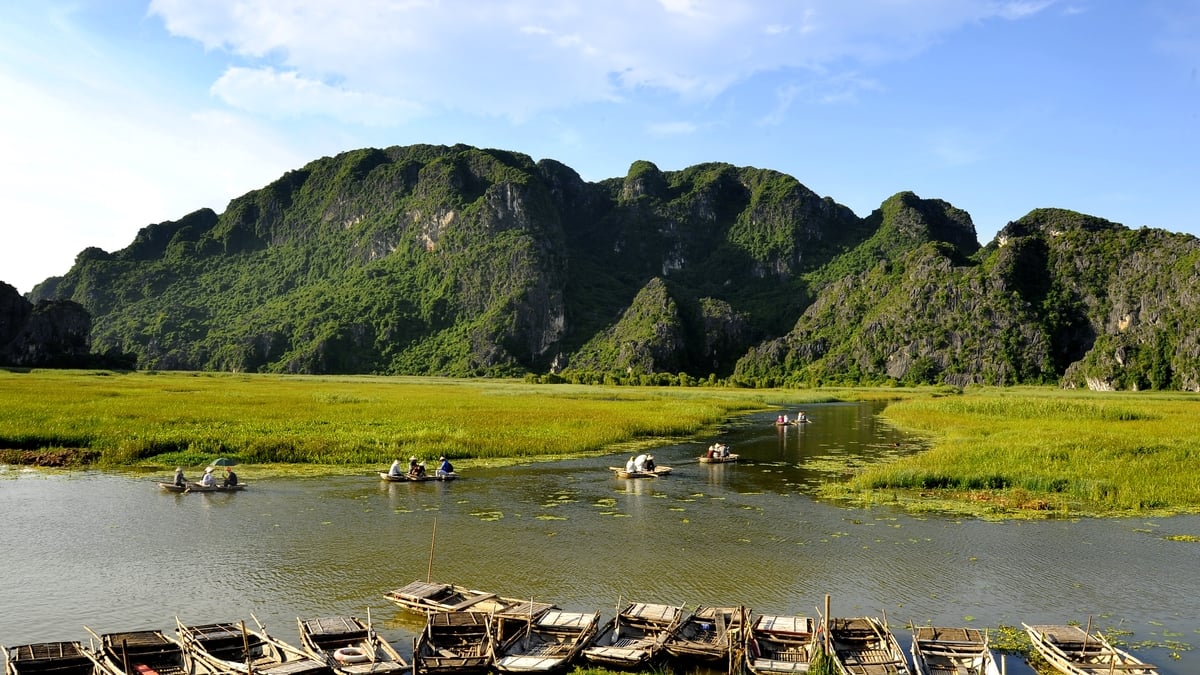
![[Photo] General Secretary To Lam works with the Standing Committee of Quang Binh and Quang Tri Provincial Party Committees](https://vphoto.vietnam.vn/thumb/1200x675/vietnam/resource/IMAGE/2025/6/25/6acdc70e139d44beaef4133fefbe2c7f)
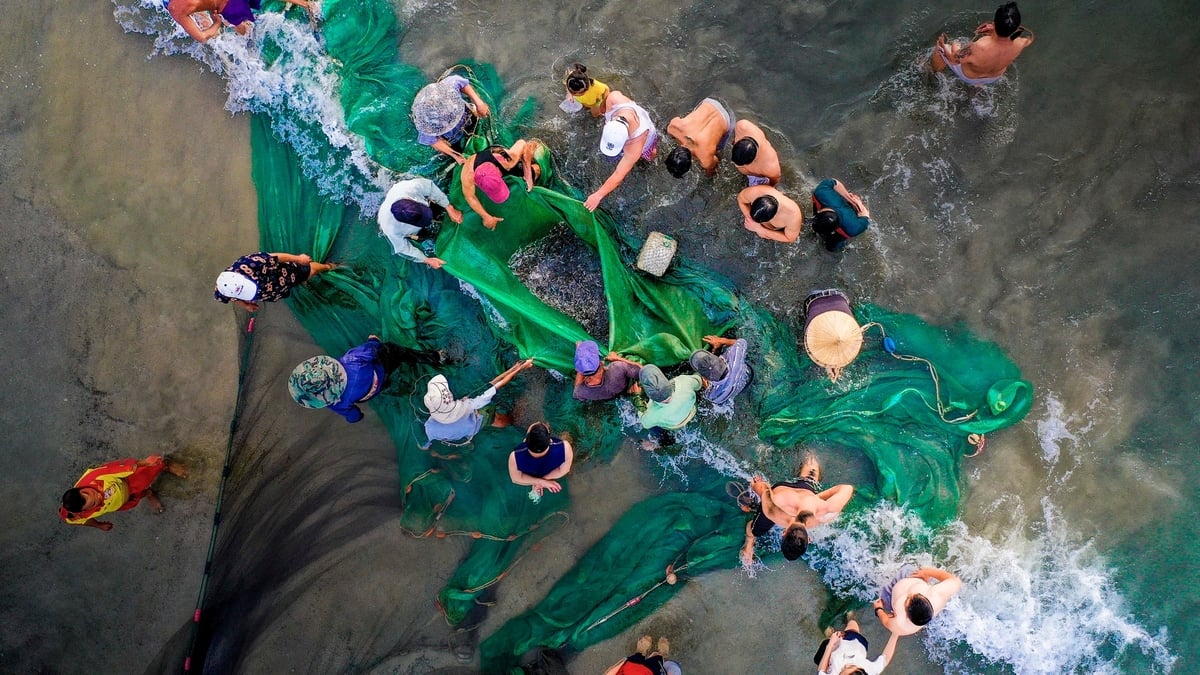
![[Photo] More than 124,000 candidates in Hanoi complete procedures for the 2025 High School Graduation Exam](https://vphoto.vietnam.vn/thumb/1200x675/vietnam/resource/IMAGE/2025/6/25/fa62985b10464d6a943b58699098ae3f)
![[Photo] First training session in preparation for the parade to celebrate the 80th anniversary of National Day, September 2nd](https://vphoto.vietnam.vn/thumb/1200x675/vietnam/resource/IMAGE/2025/6/25/ebf0364280904c019e24ade59fb08b18)


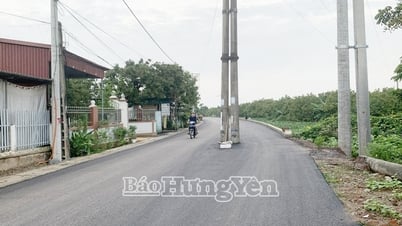

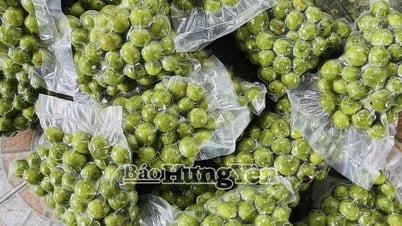

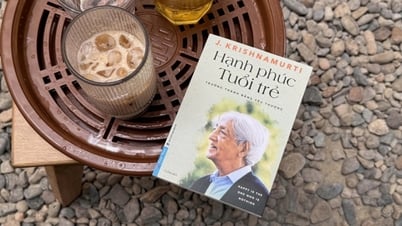





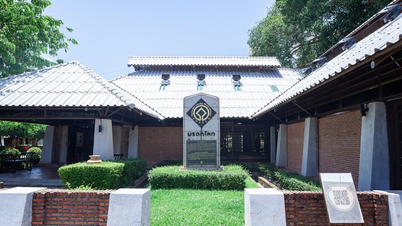
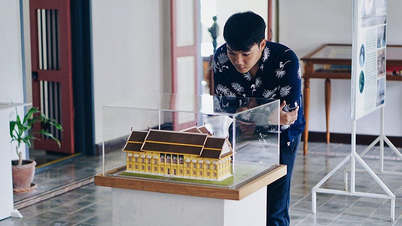
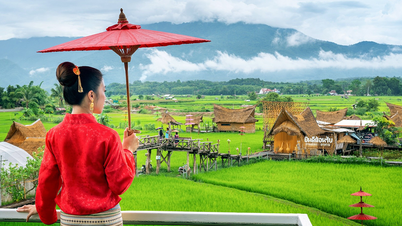
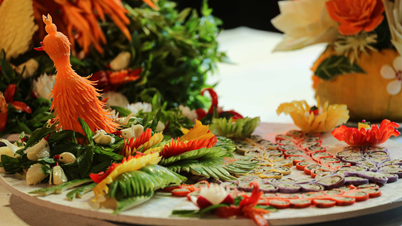
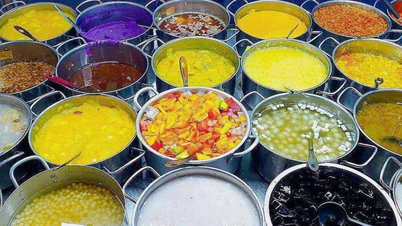
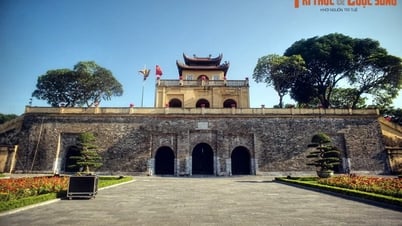

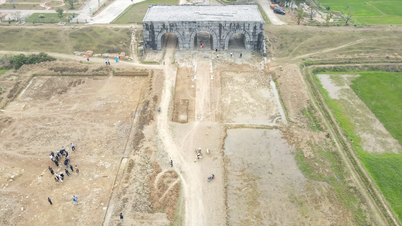

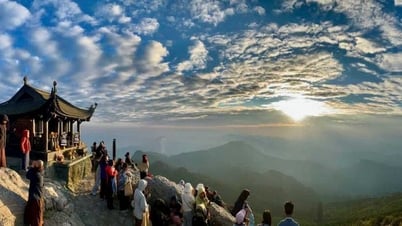

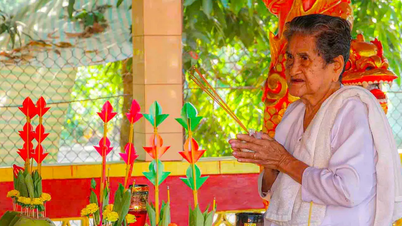

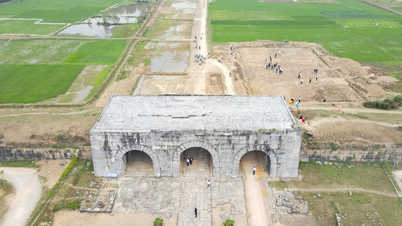




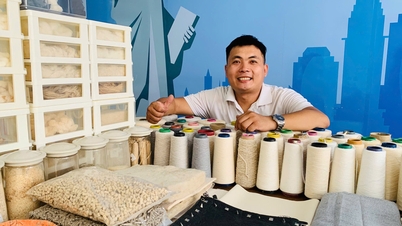

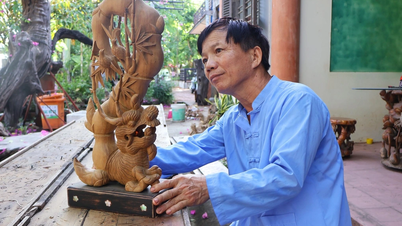



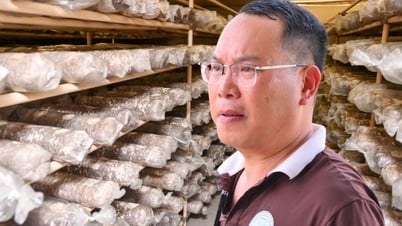





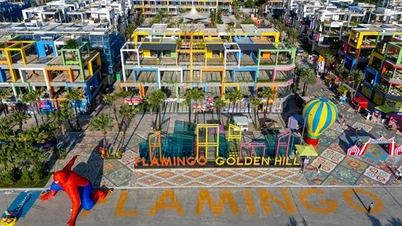





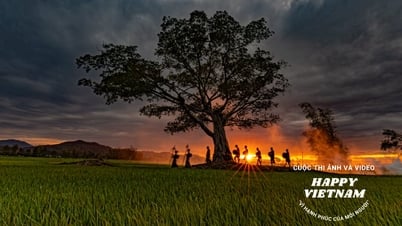
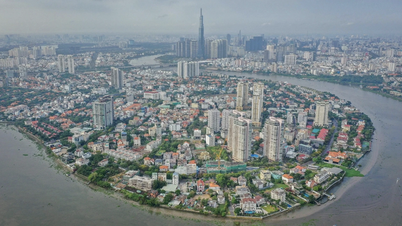
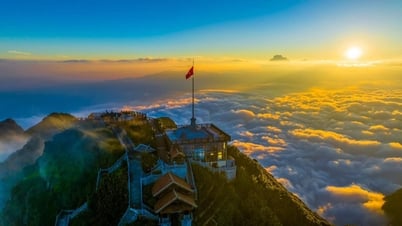

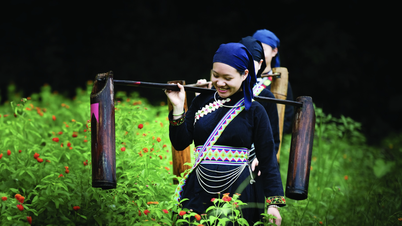

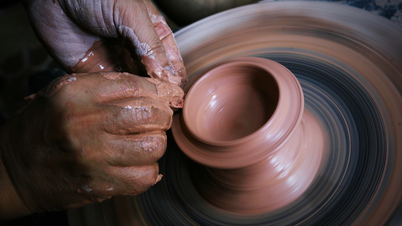




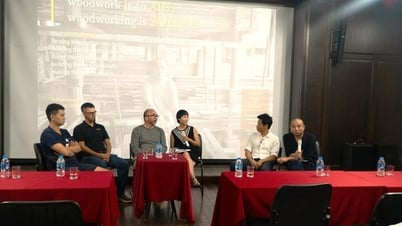
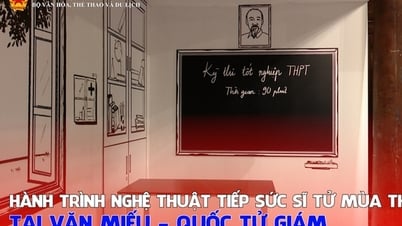
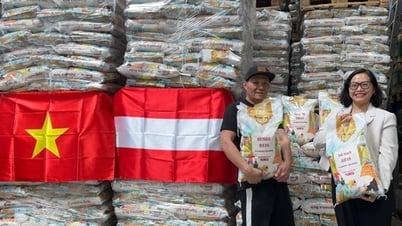

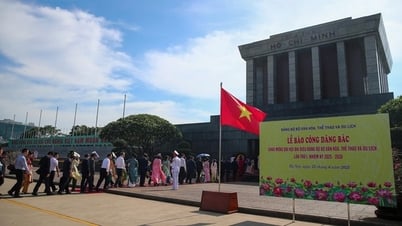
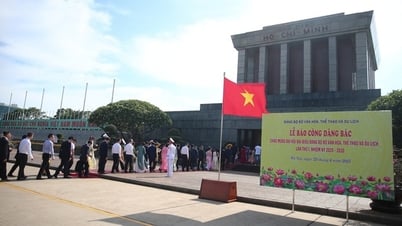
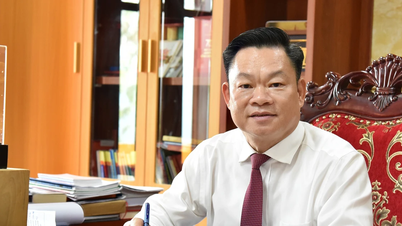

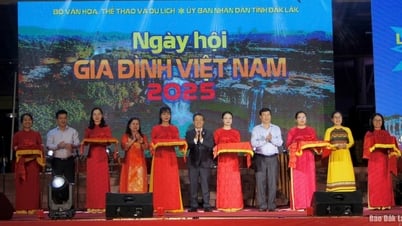

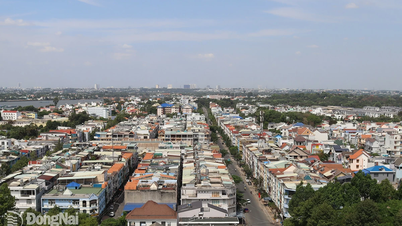

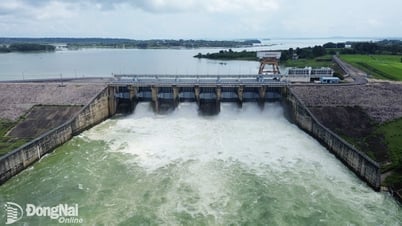

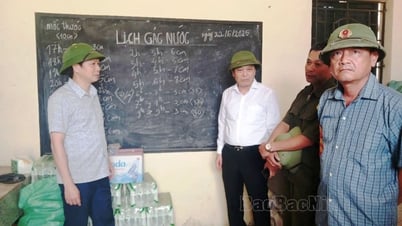





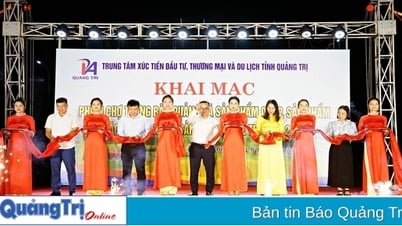








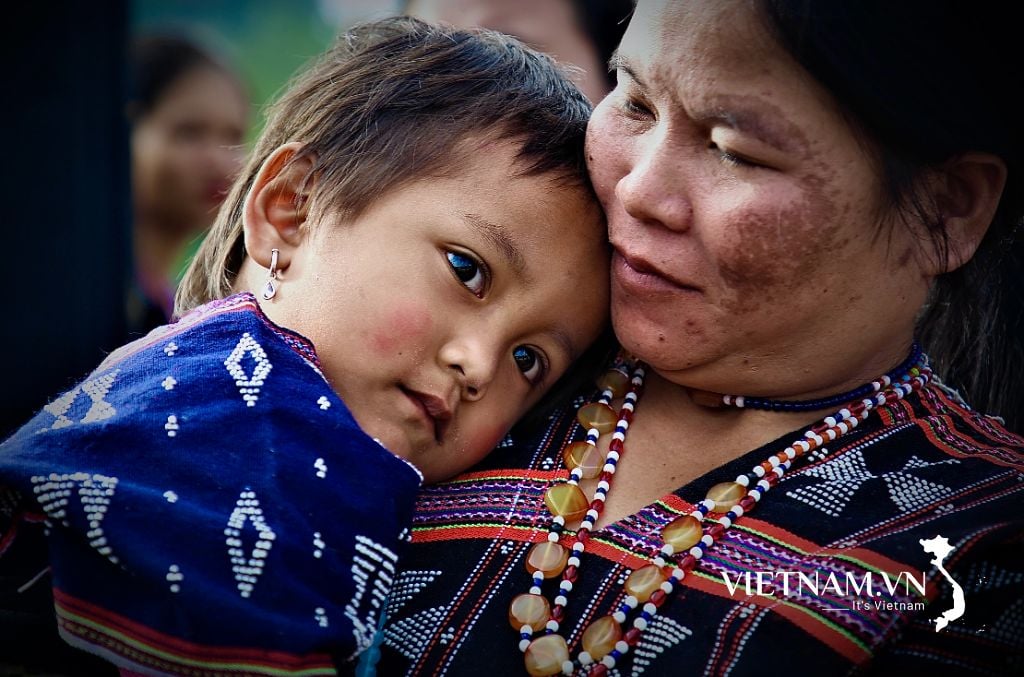
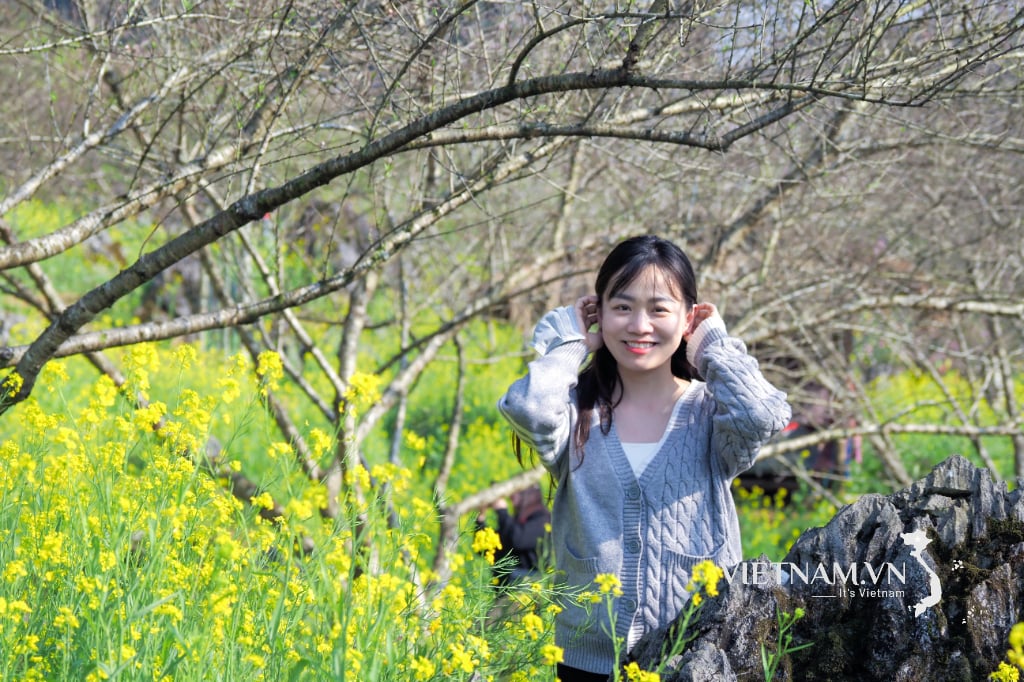
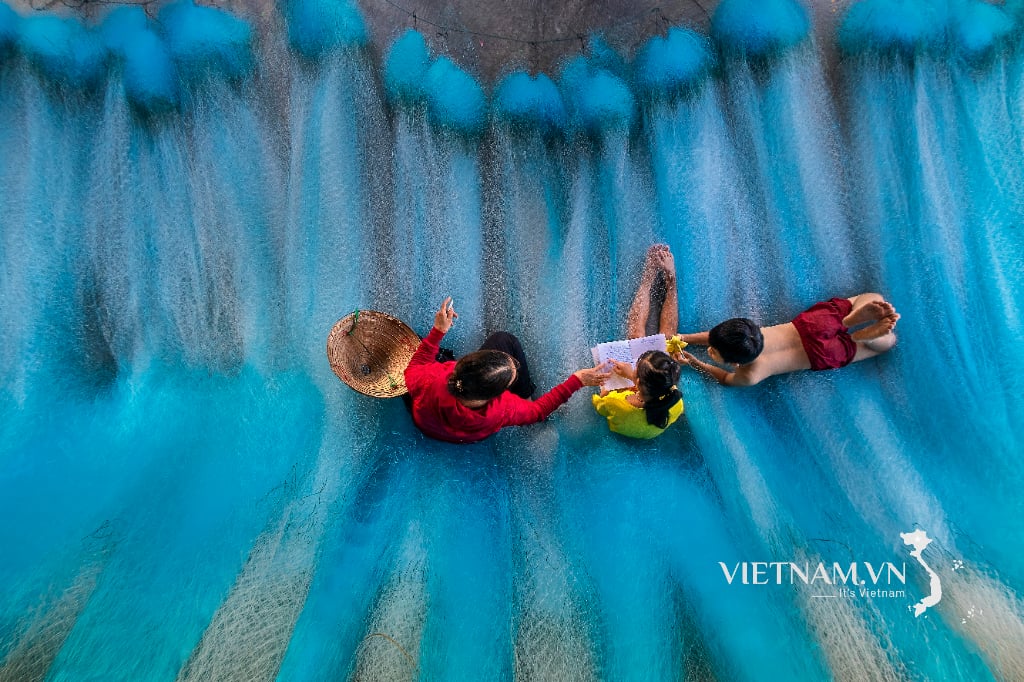
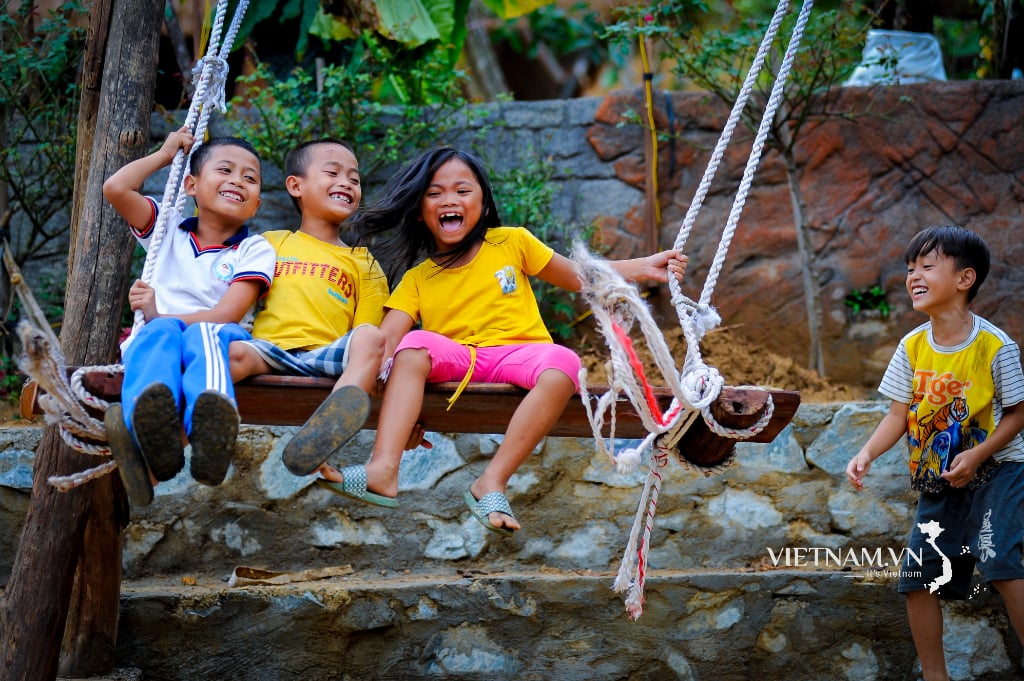
Comment (0)